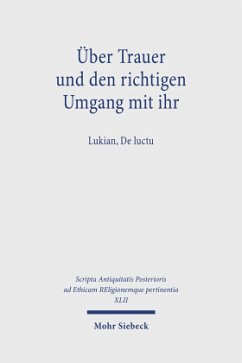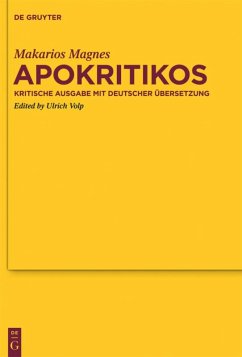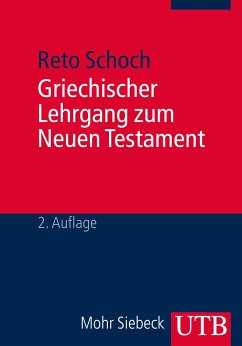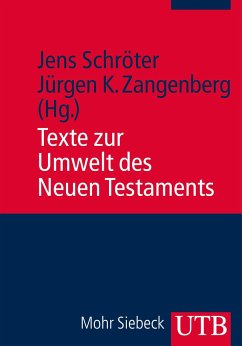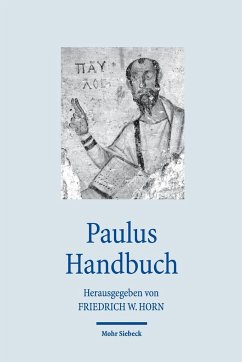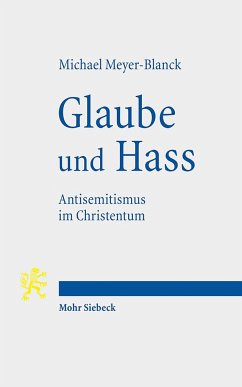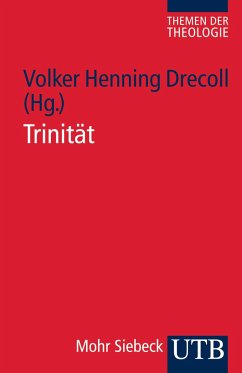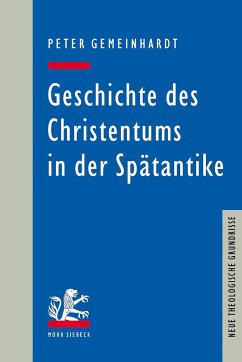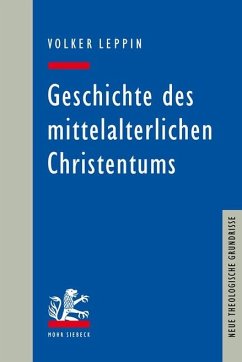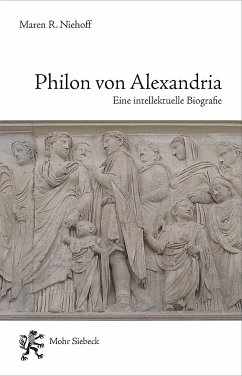
Warum zitieren frühchristliche Autoren pagane Texte?
Zur Entstehung und Ausformung einer literarischen Tradition
Versandkostenfrei!
Versandfertig in 6-10 Tagen
114,95 €
inkl. MwSt.
Weitere Ausgaben:

PAYBACK Punkte
0 °P sammeln!
Das Zitieren der äußeren (paganen) Tradition ist für das frühchristliche Schrifttum nicht selbstverständlich. Zitate aus den griechischen Werken vor allem der klassischen Zeit kommen dort jedoch relativ oft vor, in einigen Traktaten (wie besonders bei Clemens von Alexandrien) sind diese sogar sehr häufig. Das Buch setzt sich mit der Frage nach den Gründen dieser literarischen Praktik auseinander, wobei deren jüdisch-hellenistische Vorgeschichte besondere Beachtung findet. Die Monographie kann von allen denjenigen mit Gewinn gelesen werden, die sich für die Beziehungen zwischen dem Jud...
Das Zitieren der äußeren (paganen) Tradition ist für das frühchristliche Schrifttum nicht selbstverständlich. Zitate aus den griechischen Werken vor allem der klassischen Zeit kommen dort jedoch relativ oft vor, in einigen Traktaten (wie besonders bei Clemens von Alexandrien) sind diese sogar sehr häufig. Das Buch setzt sich mit der Frage nach den Gründen dieser literarischen Praktik auseinander, wobei deren jüdisch-hellenistische Vorgeschichte besondere Beachtung findet. Die Monographie kann von allen denjenigen mit Gewinn gelesen werden, die sich für die Beziehungen zwischen dem Judentum, dem in Entstehung begriffenen Christentum und der griechisch-römischen Umwelt interessieren. Dem neutestamentlichen Zitieren der pagan-griechischen Schriften ist ein separates Kapitel gewidmet.





